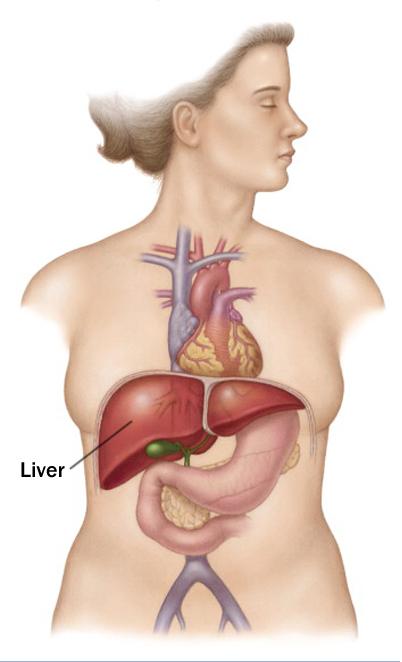How to Treat Alcoholic Hepatitis

Alcoholic hepatitis is the inflammation of the liver caused by the chronic consumption of alcohol. Symptoms of alcoholic hepatitis include jaundice, liver enlargement, fatigue and development of fluid in the abdominal cavity. This condition can vary from mild to severe liver inflammation. Mild cases of alcoholic hepatitis are self-limiting and do not need any special medication, but chronic cases have a high risk of death, especially if the patient starts showing symptoms of hepatic encephalopathy (brain dysfunction caused by liver failure). However, through proper care and treatment this condition can be cured.
Instructions
-
1
Stop drinking alcohol
If you have been diagnosed with alcoholic hepatitis, the first thing you need to do is stop drinking alcoholic beverages. Drinking alcohol despite having been diagnosed with liver inflammation can further worsen the condition, leading to serious complications.
Through active sobriety you can reverse the liver damage in mild cases, and prevent the disease from becoming worse in advanced cases. Many patients, who stop drinking alcohol show astonishing improvement in symptoms within months. You can seek your doctor’s assistance to cut your alcohol intake. Most doctors recommend an outpatient treatment plan including counselling, therapies, medications and alcoholic anonymous to help patients stop drinking alcohol. -
2
Treatment for malnutrition
Patients with severe acute alcoholic hepatitis usually suffer from malnutrition as well, due to nutritional deficiencies. Doctors recommend a special diet for such patients and at times refer them to a dietician as well to assess their current diet plan and suggest necessary changes to increase the vitamins and minerals their bodies lack. Patients who have trouble in eating enough are at times recommended tube feeding as well. A tube is passed through the patient’s throat into his stomach and special liquid food is then passed through this tube. -
3
Medications to reduce liver inflammation
If you have severe alcoholic hepatitis, your doctor may prescribe you corticosteroids, such as Glucocorticosteroids. These steroids reduce liver injury and enhance hepatic regeneration, reducing the inflammation. However, these steroids have only short-term benefits and have significant side effects as well, especially if the patient has chronic kidney disease, gastrointestinal bleeding or any other infection. Doctors also recommend pentoxifylline, especially if the steroids do not work for the patient, or if he/she has any of the above mentioned conditions. -
4
Liver transplant
If all of the above treatments fail to improve a patient’s condition, liver transplant is the only option to avoid death. The survival rate for liver transplant is similar to that for other forms of hepatitis - above 70% five-year survival.



